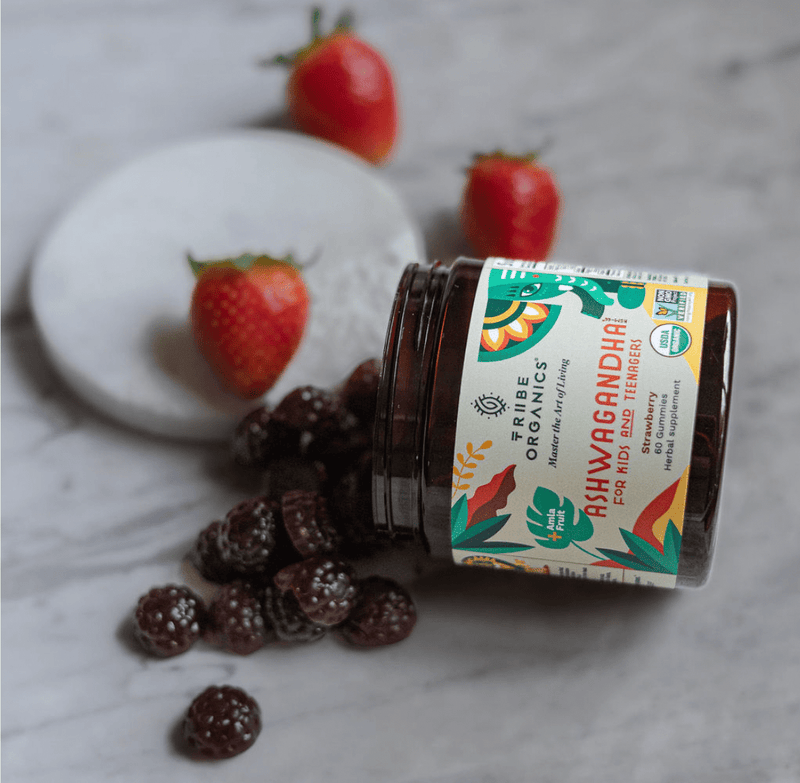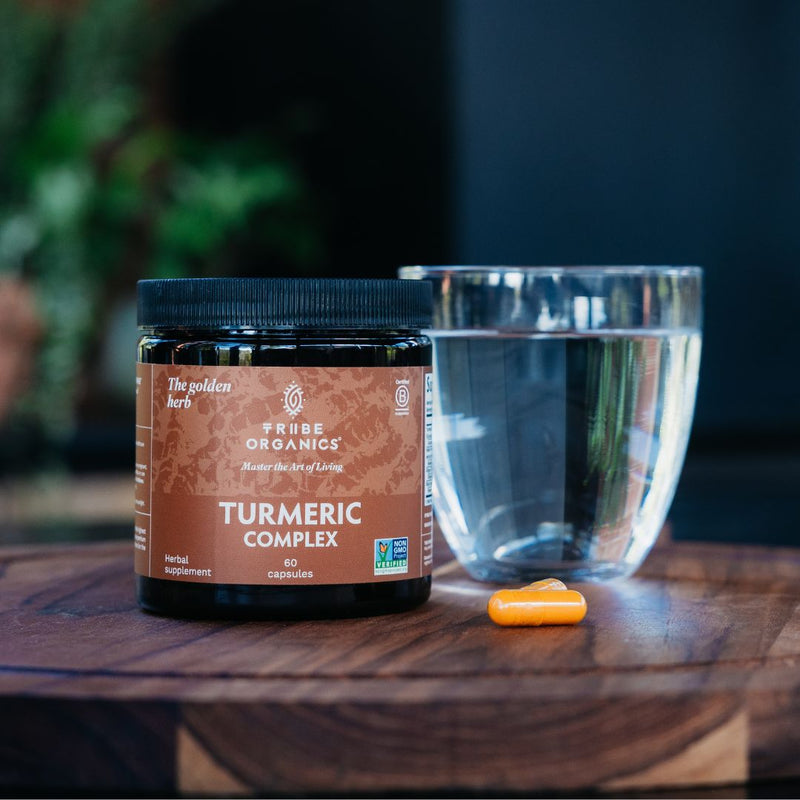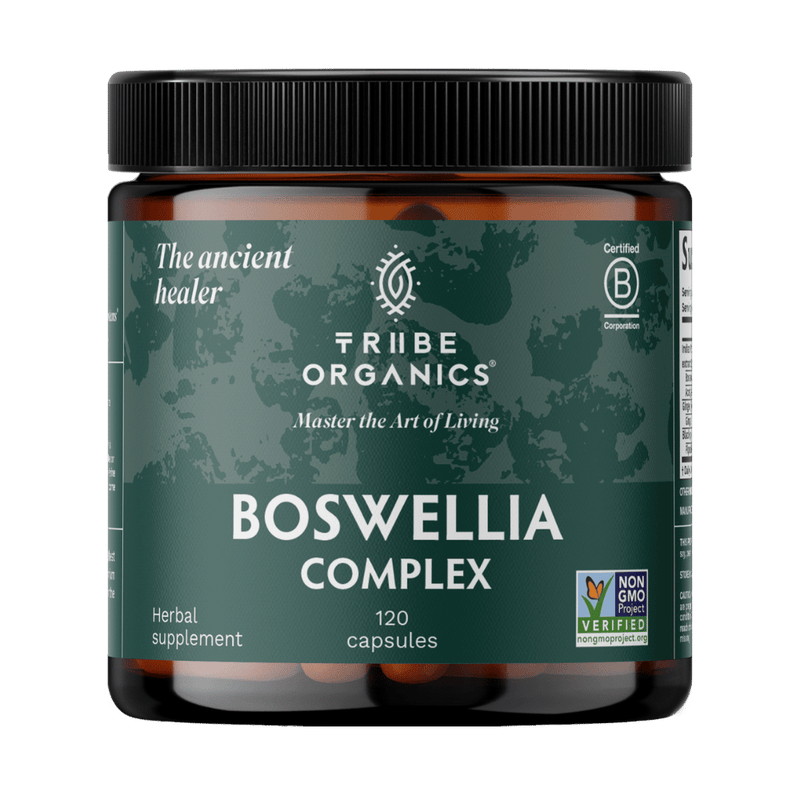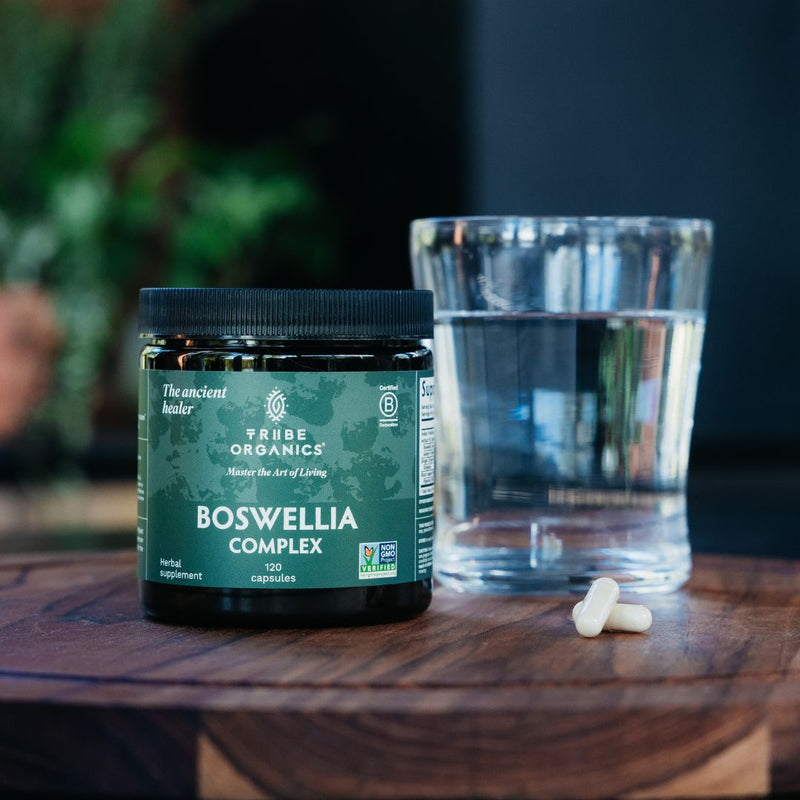Boswellia: A Breakdown of its Benefits and Side Effects
The Indian frankincense tree, also known as the Boswellia tree, has been used for centuries in Ayurvedic medicine for its healing properties. This tree produces a red gum called Boswellia carterii that can be extracted and used to make supplements.
In addition to the well-known benefits of Boswellia, such as relieving pain within our joints and acting as an anti-inflammatory agent, this herb also has some side effects you should know about before using it. This article will explore everything you need to know about Boswellia, including its benefits, how it works, and some side effects.
What is Boswellia?
Boswellia is a tree species that is native to India and Africa. The resin from this tree has been used for centuries as a natural remedy for many health conditions.

It’s a common ingredient in joint health supplements and smells similar to traditional herbs. The Boswellia tree produces boswellic acid, the main active ingredient in the tree's bark.
This compound makes this herb effective in treating many health conditions. Boswellia is often taken in capsule, tablet, or powder form.
How Does Boswellia Work?
Boswellia works by reducing levels of pro-inflammatory cytokines in your body, which can help reduce pain and swelling associated with joint disorders like rheumatoid arthritis and osteoarthritis.
It inhibits enzymes that break down collagen, which keeps your joints healthy. Boswellia can also help with digestive issues such as ulcers and gastrointestinal spasms, asthma, anxiety, skin conditions like psoriasis, and more. It’s often used as a natural alternative to anti-inflammatory drugs like ibuprofen.
Benefits of Boswellia
This herb has many benefits that make it a great addition to any health regimen.
Boswellia has been shown to help improve joint health and reduce inflammation, which is especially useful for people with arthritis. It can also help to improve the health of your digestive system by protecting the lining of your digestive tract from free radicals.
Boswellia is also thought to have anti-depressant, anti-anxiety, and anti-oxidant properties, making it a great all-around daily supplement.
Side Effects of Boswellia
Depending on the dosage you take, there are some possible side effects of Boswellia. Boswellia might cause nausea, acid reflux, diarrhea, or skin rashes at high doses. Boswellia can be a safe and effective anti-inflammatory, anti-oxidant, and anti-depressant at low doses.
Although there are some possible side effects, they are typically mild and will go away as you lower your dosage. Some people might react to Boswellia even if they use the appropriate dosage. Talk to your doctor if you believe Boswellia might be causing side effects, and lower your dosage if necessary.
Nausea
Nausea is one of Boswellia's most common side effects, especially at higher doses.
Fortunately, it is rare for someone to experience nausea from a low dose. If you experience nausea from Boswellia, it is typically short-lived and can be reduced by taking the dosage with food.
Another way to help avoid nausea from Boswellia is to split up the dosage throughout the day. Taking a larger dose at once is more likely to cause nausea than taking smaller doses multiple times daily.
Other herbs can provide similar anti-inflammatory benefits for those who experience nausea from Boswellia without causing nausea. Turmeric, ginger, and black pepper are all great anti-inflammatory herbs that are less likely to cause nausea than Boswellia.
Acid Reflux
Taking Boswellia can also cause acid reflux in some people. Acid reflux is caused by stomach acid rising into the esophagus, which can cause discomfort, burning, and pain.
Boswellia can increase stomach acid, which can cause some people to experience acid reflux. If you experience acid reflux while taking Boswellia, you can reduce your risk of experiencing reflux by taking it with food and splitting up the dosage throughout the day.
If you have frequent acid reflux, reducing your intake of spicy foods and coffee may be helpful, which can exacerbate acid reflux. Certain herbs can also help reduce acid reflux symptoms, including peppermint and caraway.
Diarrhea
Some people experience diarrhea when taking Boswellia, especially at higher doses. The best way to avoid this side effect is to start with a low dose. Taking too much Boswellia can cause your bowels to become too relaxed, which can lead to diarrhea.
If you experience diarrhea from Boswellia, cut back on the dosage until it subsides. Drinking plenty of water and eating a high-fiber diet can help you avoid this side effect. Diarrhea can also be a sign of an infection that needs to be treated with antibiotics.
If you experience diarrhea along with other symptoms, such as abdominal pain, cramping, and fever, it’s important to visit your doctor and get tested to see what’s causing the diarrhea.
Skin Rashes
Certain people are more likely to experience skin rashes while taking Boswellia, including those with a history of eczema or psoriasis.
If you have a known allergy to Boswellia, you will likely experience a skin rash. However, if you don’t have a known allergy but are experiencing a rash, it could be a sign you are taking too much Boswellia.
If you experience a skin rash from Boswellia, you can treat it the same way you treat a rash caused by any other herb. Stop taking Boswellia and use a soothing lotion or cream to help reduce the itching and irritation.

The Verdict
Boswellia is an Ayurvedic herb that has been used in Indian medicine for centuries. It’s effective at reducing joint pain and inflammation, and improving digestive health. This herb is a powerful antioxidant and anti-inflammatory agent.
Boswellia can also be used to treat several health conditions, including arthritis, digestive disorders, and asthma. It’s important to note that Boswellia may cause some side effects, such as nausea, diarrhea, acid reflux, and skin rashes.
Shop best sellers
Explore our collection of favorite items that have gained popularity for their quality and satisfaction.





















